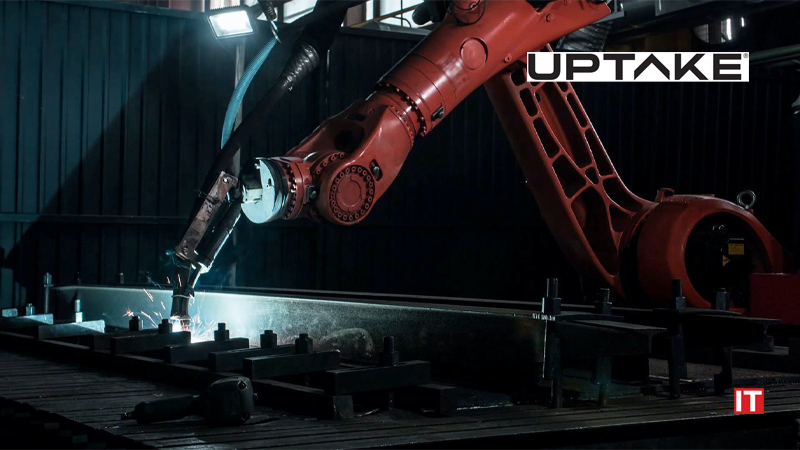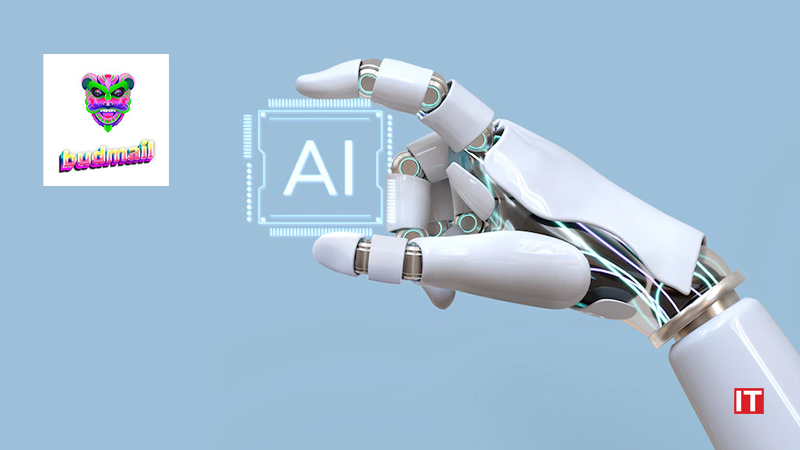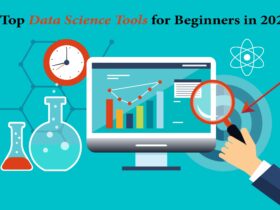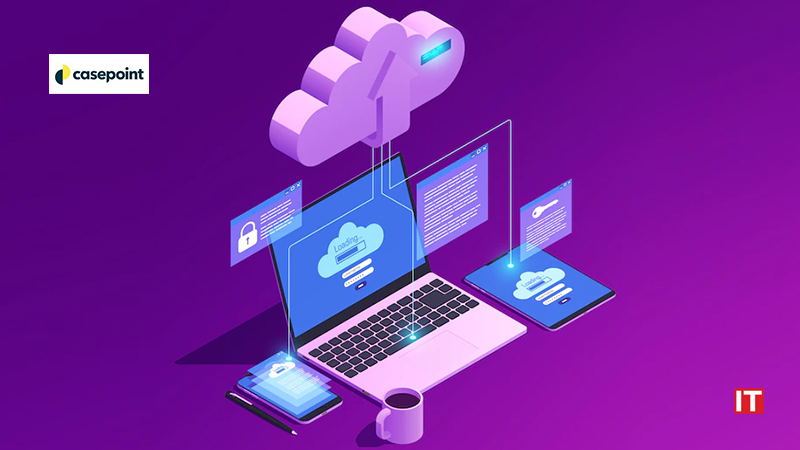Casepoint, a leader in cloud-based Legal Hold and eDiscovery technology, today announced the immediate availability of major new features to assist legal teams in multi-matter management: Cross Matter Search and Workspace-to-Workspace Data Transfer of physical files and their metadata and work product, which includes complete work product replication. Together with Casepoint’s recently introduced Portable Predictive AI Models, these innovations allow lawyers to work more efficiently and effectively – eliminating time spent re-collecting, reprocessing, and reevaluating the same documents multiple times.
The new capabilities immediately add efficiency and consistency across a client’s portfolio of matters and can be applied over the same set of documents (using Workspace-to-Workspace Data Transfer) or different sets of documents (Cross Matter Search and Portable Predictive AI Models). Each feature can be used independently or in combination with others to achieve time and cost-saving goals for teams, departments, and organizations. All features are managed separately and can be permissioned based on client preference.
Casepoint to Showcase New Multi-Matter Management Features at ILTACON 2022
Cross Matter Search is a new breakthrough feature of the Casepoint platform that reduces the time and complexity of searching multiple matters to find relevant data. Attorneys holding appropriate permissions in the platform can now execute a single base search over multiple matters and workspaces. Relevant data is then surfaced and saved in each pertinent workspace and reported across the overall platform. Cross Matter Search is initiated from and reported up to the organizational level.
Workspace-to-Workspace Data Transfer enables attorneys to reuse sets of documents across multiple matters – including native images and text files, production images, document metadata, and work product such as tags and field values – and port them over to the target workspace. The transfer of selected documents is facilitated by a wizard. The Casepoint platform keeps a record of how many times the data has been copied, by whom, and its destination. The feature saves substantial time and reduces costs by eliminating the need to process the same data repeatedly. Organization-level reporting for this feature will be available in 2022. The feature also enables work product for historical matters to be transferred in its entirety, replicating not only the data but the decisions and categorizations made in other workspaces in the new matter. With this new capability organizations can achieve substantial time and cost-savings by eliminating the need to repeat the attorney-driven decision-making process.
Portable Predictive AI Models enable users to leverage artificial intelligence to apply learnings from past decisions to multiple matters. Casepoint users can now import predictive models from one workspace to another, leveraging existing work product such as AI tags to rapidly identify key information or common themes or patterns across similar matters and data sets without having to build a new model from scratch for each new matter. The models learn with each matter, increasing both review efficiency and accuracy.
Also Read: HiddenLayer Creates a Threat Intelligence Team Focused on Thwarting ML Attacks
“Solving the problems of managing multiple matters is a critical objective for legal professionals ,” said Vishal Rajpara, Chief Technology Officer at Casepoint. “Many organizations, most notably consumer product and public utilities companies, are engaged in a constant stream of litigation that is substantially similar, and their attorneys are constantly conducting searches and transferring data across different matters. This is time-consuming and costly, especially given the huge volumes of data involved in these cases. By adding these new features to the Casepoint platform we are providing major improvements to the management of multiple matters simultaneously.”


































